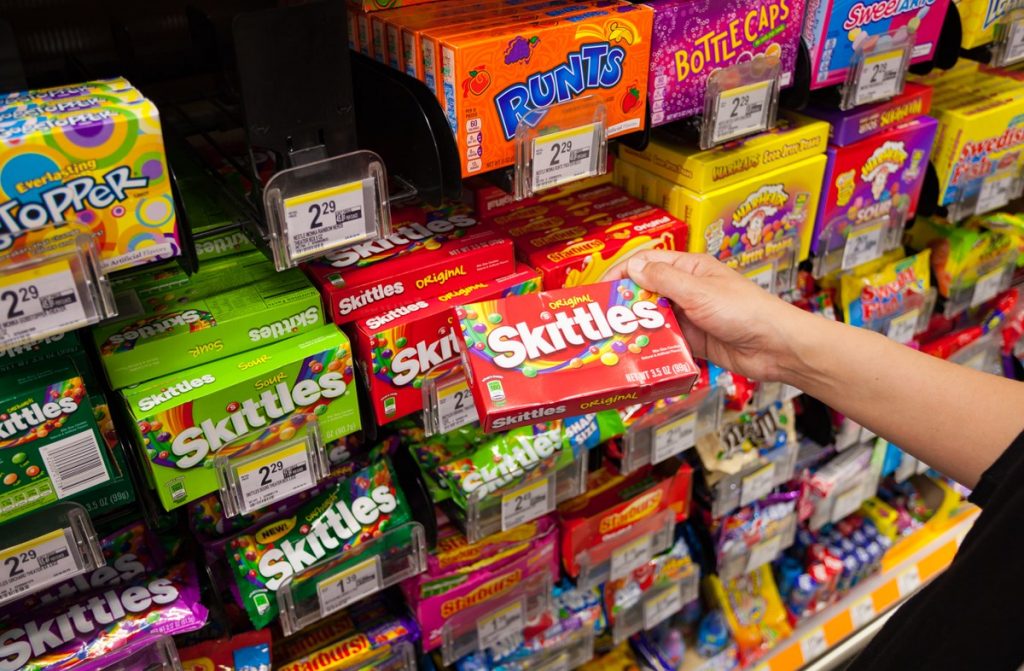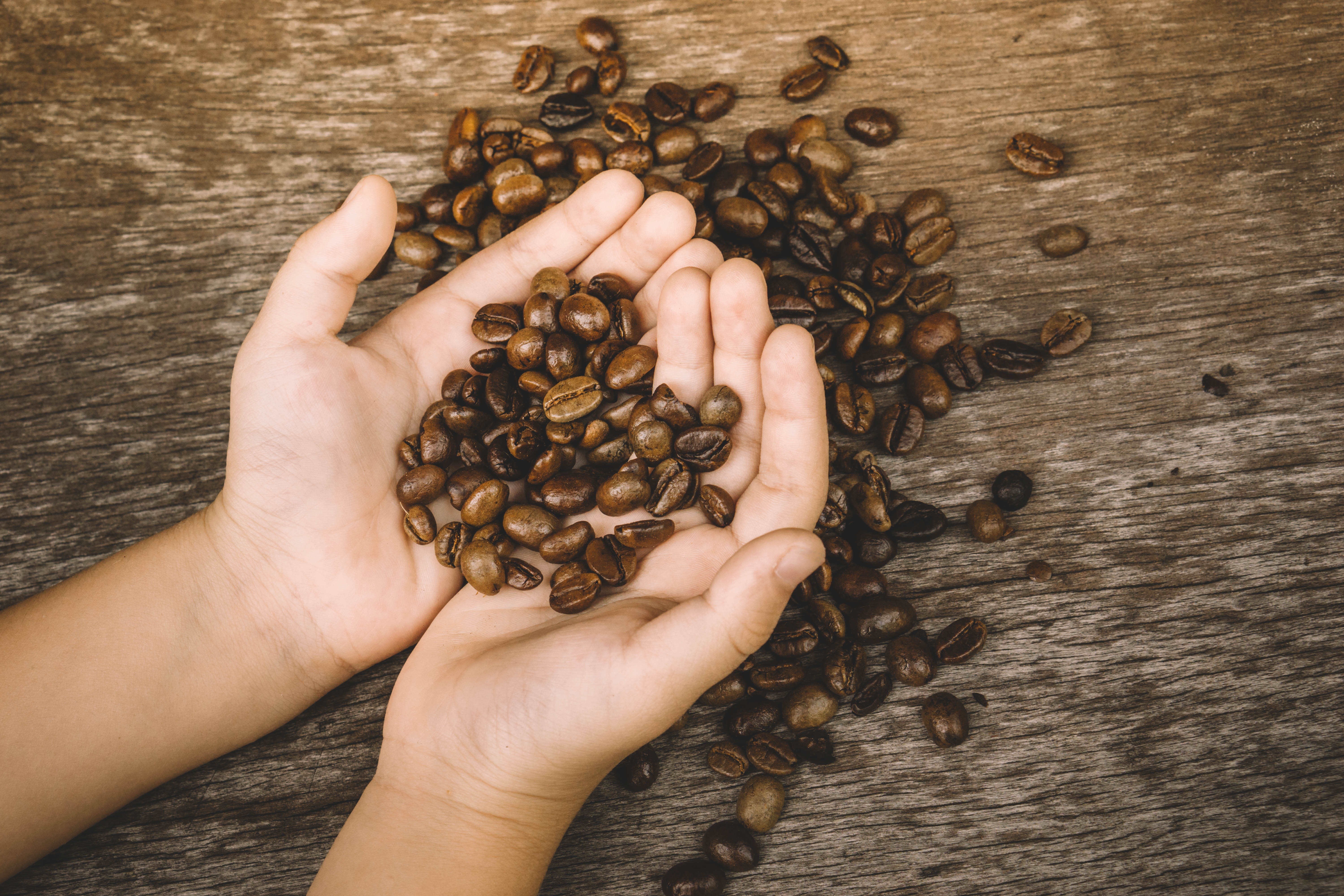My 9-year-old son and his teammates often buy Skittles at wrestling tournaments. Their theory is that eating them before matches gives them energy — especially certain colored ones.
“The red ones make you kick a**,” one boy told me. (I told him that’s good but that he shouldn’t use that word.)
As it happens, Skittles has been in the news lately. Proposed legislation in California would ban the candy , which was first introduced in North America in 1979. At issue are several chemicals most people have never heard of — brominated vegetable oil, red dye No. 3, propylparaben, titanium dioxide, and potassium bromate — that critics allege are dangerous.
“Why are these toxic chemicals in our food?” asked health advocate Susan Little. “We know they are harmful and that children are likely eating more of these chemicals than adults.”
Candy companies said the claims have no merit, pointing out that none of the ingredients have been banned by the Food and Drug Administration.
“Food safety is the No. 1 priority for U.S. confectionery companies,” said a spokesman for the National Confectioners Association. “Chocolate and candy are safe to enjoy, as they have been for centuries.”
Many parents might be shocked by claims that Skittles is harmful, but they shouldn’t be. The war on Skittles is part of a broader effort to control what products consumers can buy.
That gasoline-powered car you drive? Sorry, it’s an existential threat to the environment. Those large sugary drinks you enjoy with your New York-style pizza? Not a chance . The plastic straw you’re using to sip those drinks with? Also harmful to the environment. And don’t even think about buying a gas-powered stove .
This is the trendy new strain of anti-capitalism . It’s designed to protect humanity by regulating what you consume — everything from what you eat and drive to the size of your house and how many calories you get to take in each day. The ideology is detailed in German author Ulrike Herrmann’s bestselling book Das Ende des Kapitalismus (English: The End of Capitalism).
Not all of these efforts have yet been realized, of course. Many, such as California’s ban on the sale of gas-powered cars, are scheduled to go into effect years from now.
Nor does all anti-capitalism look the same. Some proponents want to eliminate meat consumption to save the planet (in parts of Europe, this is primarily being done through emission regulations). Others seek to protect public health by eliminating foods or food ingredients they deem harmful, as in the case of Skittles.
But notice the common theme: In both instances, they get to choose, not you. This is what truly matters.
“The most basic question is not what is best, but who shall decide what is best,” the bestselling economist Thomas Sowell has observed.
Banning Skittles might seem trivial, but it’s not. It’s an assault on limited government and the idea that consumers should be free to decide for themselves what to consume. It’s a battle over who is sovereign in society and gets to decide what is produced: consumers or planners.
And that’s what the Skittles fight is really about: politics, influence, and power. Indeed, proponents of the legislation admit they don’t think California’s bill will pass, but they hope it will draw the attention of the FDA.
“I think its purpose, which is valuable, is getting the FDA to look again at these chemicals and possibly to reevaluate its entire system for reviewing food additives,” UCLA School of Law professor Diana Winters told the Guardian.
Unlike Winters, I won’t decide for you whether you should eat Skittles. I have no idea what brominated vegetable oil even is. But I do know that tens of billions of Skittles are consumed each year, and children are doing OK. I’m aware of other government bans on perfectly safe candies .
So yes, I’ll allow my son to keep eating Skittles before his matches. As far as warnings from public health experts, I put as much stock in those as claims that the red Skittles help him “kick a**.”
This article was originally published by the Washington Examiner.
Jon Miltimore
Jonathan Miltimore is the Managing Editor of FEE.org. (Follow him on Substack.)
His writing/reporting has been the subject of articles in TIME magazine, The Wall Street Journal, CNN, Forbes, Fox News, and the Star Tribune.
Bylines: Newsweek, The Washington Times, MSN.com, The Washington Examiner, The Daily Caller, The Federalist, the Epoch Times.
This article was originally published on FEE.org. Read the original article.


